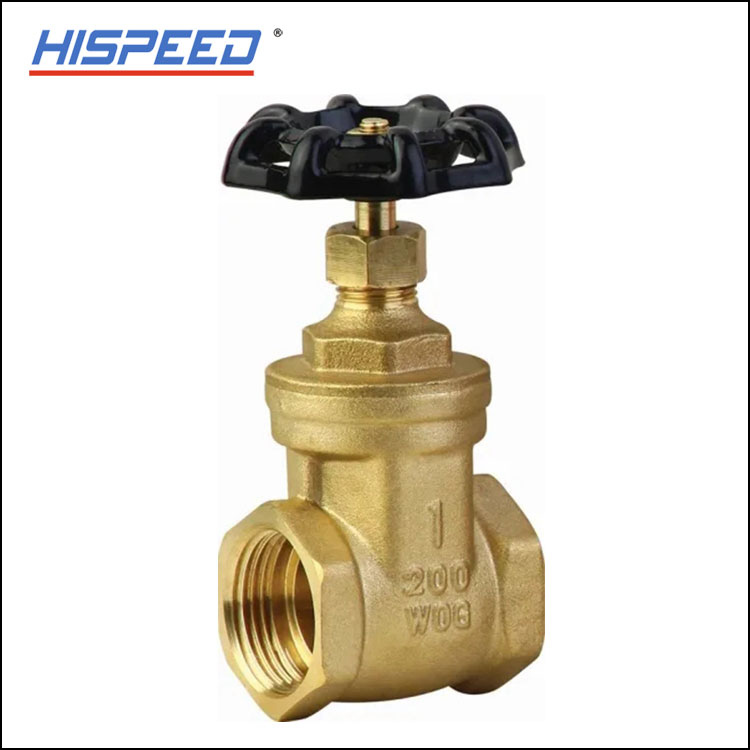Choice of brass gate valve and bronze gate valve
2024-01-15
Both brass and bronze gate valves are commonly used in various industrial, commercial, and residential applications to control the flow of liquids. The choice between brass and bronze gate valves depends on factors such as the specific application, the type of fluid being controlled, environmental conditions, and cost considerations.
1. Material:
- Brass gate valves are typically made of an alloy composed of copper and zinc. The proportions of copper and zinc can vary, resulting in different types of brass with varying properties.
2. Corrosion Resistance:
- Brass has good corrosion resistance in many environments, making it suitable for applications where exposure to moisture is a concern. However, it may not be as corrosion-resistant as bronze in certain aggressive environments.
3. Cost:
- Brass gate valves are generally more cost-effective than bronze gate valves. This can be a significant factor in applications where cost is a primary consideration.
4. Applications:
- Brass gate valves are commonly used in plumbing systems, residential water supply lines, irrigation, and other applications where corrosion resistance, cost-effectiveness, and ease of machining are important.
Bronze Gate Valve:
1. Material:
- Bronze gate valves are made of an alloy primarily composed of copper and tin. The addition of tin improves the corrosion resistance of bronze compared to brass.
2. Corrosion Resistance:
- Bronze gate valves offer excellent corrosion resistance, especially in marine environments and applications where exposure to saltwater or harsh chemicals is a concern. Bronze is less susceptible to dezincification compared to certain brass alloys.
3. Strength and Durability:
- Bronze is generally stronger and more durable than brass. This makes bronze gate valves suitable for applications where the valve is subject to higher pressures or more demanding conditions.
4. Applications:
- Bronze gate valves are often preferred in marine, shipbuilding, and industrial applications where exposure to corrosive environments is more likely. They are also commonly used in plumbing and water supply systems.
Considerations for Both:
1. Compatibility with Fluids:
- Consider the compatibility of the valve material with the specific fluids that will be flowing through the system. Both brass and bronze are suitable for handling water and many common fluids, but the choice may depend on the specific chemical composition of the fluid.
2. Temperature Limits:
- Both brass and bronze gate valves have temperature limitations. It's essential to select a valve that can handle the temperature range of the intended application.
3. Regulatory Compliance:
- Check for compliance with industry standards and regulations, especially in applications where specific material standards are required.
4. Threaded vs. Flanged Connections:
- Gate valves are available with threaded or flanged connections. Consider the type of connection that is most suitable for the plumbing or piping system in which the valve will be installed.
Ultimately, the choice between a brass and a bronze gate valve depends on the specific requirements of the application, including factors such as corrosion resistance, strength, cost, and the intended operating conditions.



